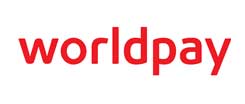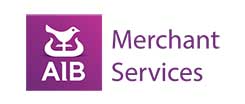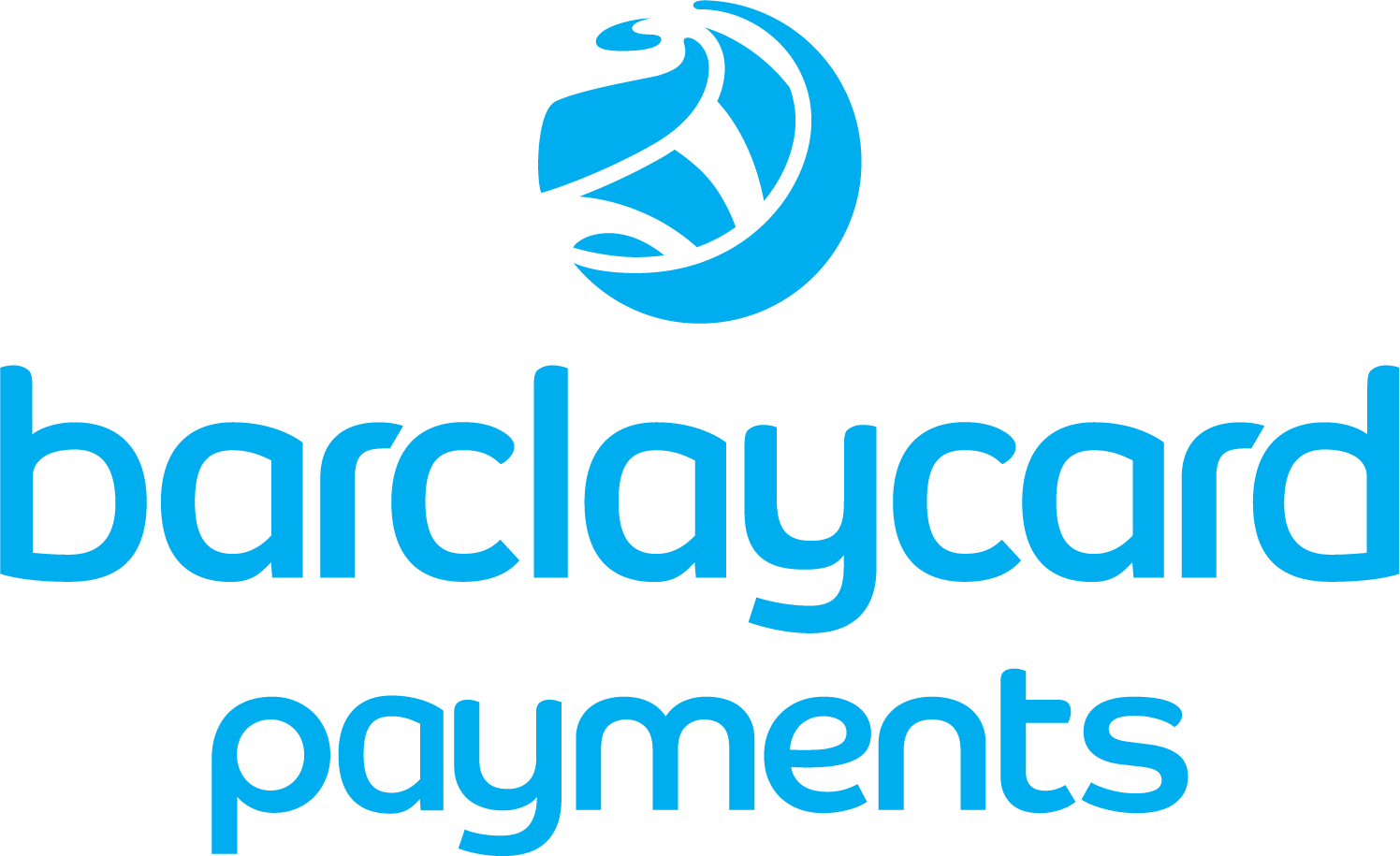- Compare Card Processing Rates from as low as 0.27%
- Keep your card processing fees to a minimum
- Direct access to 80% of the UK’s leading acquiring banks
- Make the right choice for your next UK payment provider
- Ensure your rates always remain competitive
- Seamlessly switch payment provider without a hitch






We're rated Excellent on
Navigating the High Risk Merchant Account Landscape for Your Business
For businesses operating in industries deemed high risk, securing a merchant account can be a challenging process. Traditional financial institutions often hesitate to work with high-risk merchants, leaving many business owners struggling to find a payment services provider willing to accommodate their needs.
If your business falls into a high-risk sector, understanding the intricacies of a high risk account is crucial. This guide explores what makes a business considered high risk, the challenges of obtaining a risk merchant account, and how to find the best high-risk payment processing solutions to ensure secure payment processing and financial stability.
Understanding High-Risk Merchant Accounts
What is a High-Risk Merchant Account?
A high-risk merchant account is a specialized type of payment processing account designed for businesses that are considered to be at a higher risk of chargebacks, fraud, or financial instability. These accounts are essential for businesses operating in high-risk industries, such as adult entertainment, online gaming, or travel. Unlike low-risk merchant accounts, high-risk merchant accounts come with higher fees, stricter acceptance criteria, and more stringent contractual obligations. This is because payment processors need to mitigate the increased risk associated with these businesses. By securing a high-risk merchant account, businesses can ensure they have the necessary infrastructure for secure payment processing and financial stability.
Characteristics of High-Risk Businesses
High-risk businesses often exhibit certain characteristics that set them apart from standard-risk businesses. These characteristics include:
-
Industry Reputation: Certain industries, such as online gambling or CBD sales, are labeled as high-risk due to a reputation for frequent chargebacks, refunds, or a high level of fraud.
-
High Chargeback Rates: Businesses that frequently face chargebacks are seen as a liability to merchant service providers and are usually considered high-risk.
-
International Sales: Businesses with a significant amount of international transactions are often deemed high-risk, especially if they operate in countries known for high fraud rates.
-
High-Ticket Sales: Businesses that regularly process high-value transactions of $100 or more are at a higher risk of chargebacks and fraud.
-
Bad Credit History: Financial stability is a key factor in determining a business’s risk level, and a poor credit history can lead to a high-risk classification.
-
Subscription-Based Services: Businesses that operate on a recurring payment or subscription model are high-risk because these types of payments are more prone to chargebacks.
-
Fraud Risk: Industries that are prone to high levels of fraud or businesses with a history of fraudulent transactions are categorized as high-risk.
-
Regulatory Risks: Industries that are heavily regulated or subject to changing legal environments are often considered high-risk because of the potential for legal issues and compliance risks.
-
New or Unestablished Businesses: New businesses without a proven track record or established financial history are often categorized as high-risk because they lack proof of stability and profitability.
Understanding these characteristics can help businesses identify whether they fall into the high-risk category and take the necessary steps to secure a high-risk merchant account.
What Makes a Business High Risk?
A high-risk classification is assigned based on several factors, including industry type, processing history, credit risk, and business model. A ‘high risk industry’ refers to sectors that struggle to secure standard merchant processing accounts due to their nature. Some common high-risk industries include:
-
Adult entertainment
-
Online gambling and gaming
-
Subscription services
-
CBD and vaping products
-
Forex and cryptocurrency trading
-
Travel and ticket sales
-
Debt collection services
Why Are Some Businesses Deemed High Risk?
Financial institutions and merchant account providers assess risk based on:
-
Higher Chargeback Rates – Industries like travel or subscription services often see more disputes.
-
Regulatory Scrutiny – Sectors like CBD or online gambling face strict regulations.
-
Poor Credit History – A bad credit rating or financial instability can lead to high-risk classification.
-
High Transaction Volumes – Businesses with large average credit card transaction values may be seen as riskier.
-
International Sales – Processing multiple currencies increases fraud risks.
If your business falls into any of these categories, you’ll likely need a high-risk merchant services provider rather than a standard merchant account.
Challenges of High-Risk Merchant Accounts
While low-risk merchant accounts come with lower fees and fewer restrictions, high-risk merchants face several hurdles:
1. Higher Transaction Fees
Due to the risk involved, payment service providers charge higher transaction fees to offset potential losses from chargebacks or fraud.
2. Rolling Reserves
A rolling reserve acts as a payment buffer, where a percentage (usually 5-10%) of each transaction is held for a set period (e.g., 6 months) to cover disputes.
3. Longer Settlement Periods
While low-risk accounts receive funds within 1-2 days, high-risk accounts may have a longer settlement period (up to 7 days or more).
4. Strict Application Process
Providers scrutinise business model, credit rating, and bank account information more closely. Some may require personal guarantees or an early termination fee.
5. Monthly Fees & Setup Costs
High-risk accounts often come with higher fees, including monthly fees, setup fees, and additional compliance costs.
Choosing the Right Payment Provider
Industry Expertise and Payment Gateways
When choosing a payment provider for a high-risk merchant account, it’s essential to consider their industry expertise and the quality of their payment gateways. Look for providers that specialize in high-risk industries and have a proven track record of handling complex payment processing needs. A provider with a deep understanding of your industry can help you navigate the unique challenges and risks associated with high-risk payments.
Additionally, the payment gateways offered by the provider are crucial for processing high-risk transactions. A reliable and secure payment gateway is essential for mitigating risks and ensuring a smooth payment processing experience for your customers. Look for providers that offer advanced security features, such as tokenization, encryption, and fraud detection tools. These features can help protect your business from fraud and chargebacks, providing an added layer of security.
Some popular payment gateways for high-risk merchant accounts include:
-
Stripe
-
PayPal
-
Authorize.net
-
Cybersource
-
Worldpay
When evaluating payment gateways, consider the following factors:
-
Security: Look for gateways that offer advanced security features, such as tokenization, encryption, and fraud detection tools.
-
Reliability: Choose a gateway with a proven track record of reliability and uptime.
-
Scalability: Select a gateway that can handle high volumes of transactions and scale with your business.
-
Integration: Consider a gateway that integrates seamlessly with your existing payment processing systems and software.
-
Fees: Evaluate the fees associated with the gateway, including transaction fees, monthly fees, and setup fees.
By considering industry expertise and payment gateways, you can choose a payment provider that meets the unique needs of your high-risk business and helps you navigate the complex world of high-risk payments.
How to Secure a High-Risk Merchant Account
Despite the challenges, many merchant service providers specialise in high-risk payment processing. Here’s how to improve your chances of approval:
1. Choose a Specialised High-Risk Payment Processor
Look for a payment provider with experience in your industry. A high-risk payment processor will offer tailored solutions rather than rejecting your application outright.
2. Maintain Healthy Cash Levels
Since high-risk accounts often require reserves, ensuring strong cash flow helps manage financial instability.
3. Reduce Chargebacks
Implement fraud prevention tools, clear refund policies, and excellent customer service to minimise disputes.
4. Improve Your Credit Rating
If you have a poor credit history, work on improving it before applying. Some providers may still approve you but at higher fees.
5. Provide Detailed Business Documentation
Be transparent about your processing history, business model, and financials to build trust with providers.
Best High-Risk Merchant Account Features
When comparing high-risk merchant services, look for:
✔ Customised risk management solutions (fraud detection, chargeback alerts)
✔ Support for multiple currencies and debit card payments
✔ Flexible payment gateways for seamless online payments
✔ Competitive (though higher) transaction fees
✔ No hidden monthly fees or excessive setup fees
Operating in a high-risk sector doesn’t mean you can’t access comprehensive payment solutions. By understanding the risk merchant account landscape and partnering with the right payment processor, you can secure high-risk payment processing that supports growth while mitigating financial risks.
If your business is considered high risk, don’t settle for the first offer. Compare merchant account providers, negotiate terms, and ensure you’re getting secure payment processing tailored to your needs.
Need help finding a high-risk merchant account? Contact our experts today for tailored solutions that keep your business thriving.
